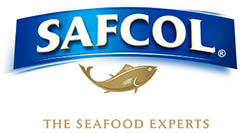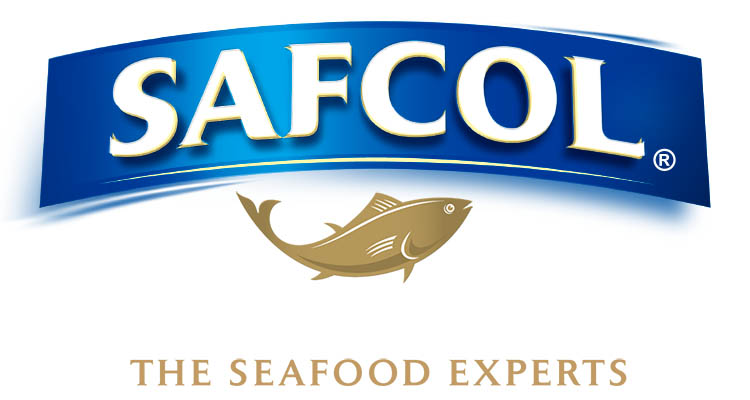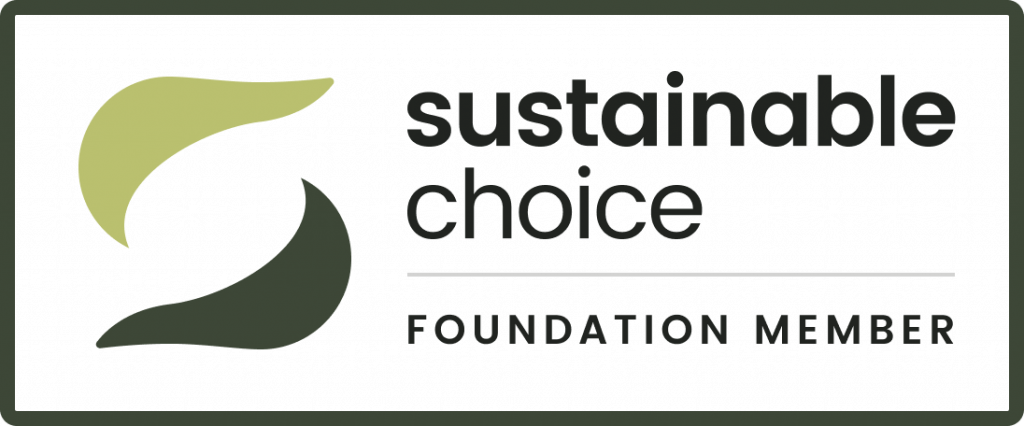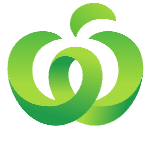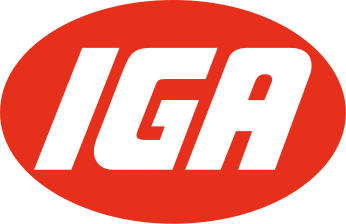Did You Know Seafood Can Help to Improve Your Bone Health?
by Ashleigh Feltham
Accredited Practising Dietitian and Accredited Nutritionist
Bone health is essential for a healthy life and osteoporosis is not just a disease seen in the elderly. When you think about important foods vital for your bone health you probably think of dairy foods like yoghurt, cheese, and milk because of their high calcium content.
The seafood lovers reading this blog will be pleased to know that these dairy-free choices also count as one of your needed serves of calcium-rich foods:
- 60g of Safcol Sardines of which you can enjoy in three varieties by Safcol. Safcol Brisling Sardines in Springwater, oil, and tomato sauce 110g.
- 100g of canned pink salmon which includes the bones. You can find this variety in Safcol Wild Alaskan Pink Salmon 210g.
Calcium is an essential mineral involved in keeping your bones strong by combining with other minerals to form solid crystal-like structures which make your bones strong. You may not know that there are other nutrients which also play important roles in the formation and strength of your bones. The other nutrients which play important roles in keeping your bones strong include:
Magnesium
Did you know that 50-60% of the magnesium in your body is stored in your bones? Suboptimal amounts of magnesium can increase your bone loss and reduce the overall health of your bones. Magnesium may also help vitamin D levels in your body stay in optimal amounts and help metabolise vitamin D. Magnesium can be found in foods like nuts and seeds and whole grains.
Vitamin D
This fat-soluble vitamin is found in foods like egg yolks, dairy, fortified foods, and seafood which include any of the quality products sold by Safcol Seafood. Vitamin D is important in asisting the calcium to be absorbed properly in your body, think of vitamin D as the key and calcium as the lock.
Phosphorous and Zinc
Along with magnesium and calcium, phosphorous and zinc allow the formation of the mineral content in your bones, which is made from hydroxyapatite to be created. Zinc can be found in animal foods like Safcol Seafood, poultry, and meat as well as in whole grains, nuts, and seeds. Phosphorous can be found in foods such as whole grains which include quinoa, oatmeal, bran flakes. Other sources of phosphorous are; dairy products, meat, Safcol Seafood, poultry, nuts, and seeds.
Vitamin K
There are two types of vitamin K, vitamin K1 found in green leafy vegetables and cruciferous vegetables like broccoli, spinach and Brussel sprouts and soybeans and parsley. Secondly, vitamin K2 found in foods like sauerkraut, kimchi, kefir, hard cheeses, chicken, egg, pork, yoghurt and natto.
Out of the two forms of vitamin K, Vitamin K2 has been shown to be more effective at promoting strong bones. Vitamin K is essential for activating two specific proteins called osteocalcin and matrix GLA protein which are needed for the making of strong bones.
Take home message:
This blog is a prime example of how the different nutrients in food play many diverse roles in keeping your body healthy. If you have time to read more of the blogs on the Safcol Seafood website you will see just how many health benefits can result from including Safcol Seafood in your weekly diet. Seafood can help improve your bone health. Bone health is essential for a life long health and wellbeing.
